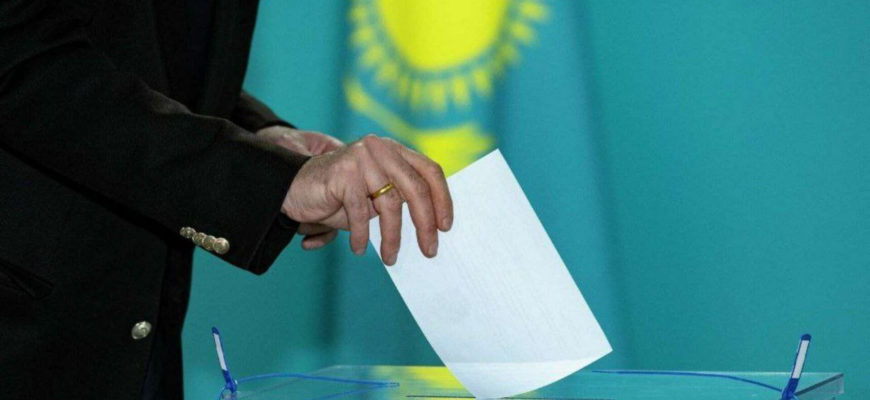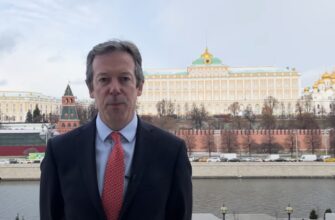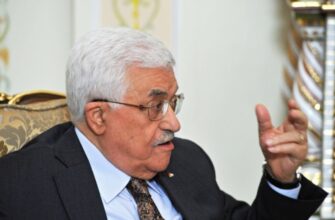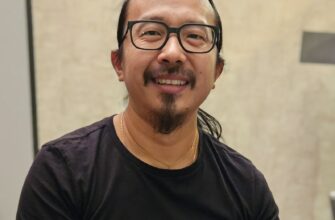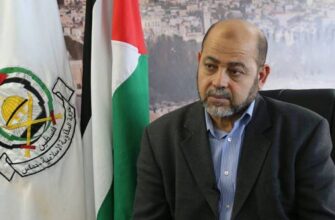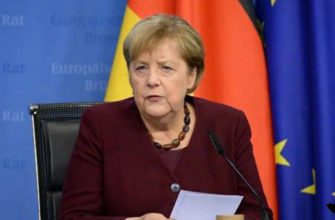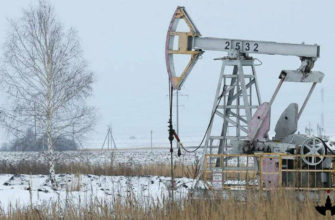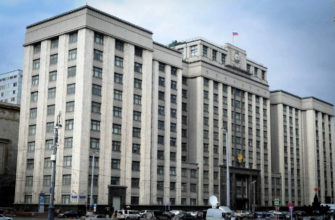On 20 November, early presidential elections were held in Kazakhstan. Earlier, on 1 September 2022, Kazakh President Kassym-Jomart Tokayev proposed holding early elections on 20 November 2022, although they themselves were to be held on 1 December 2024, in accordance with the country’s constitution. His address also proposed ideas of reducing the presidential term from two to one and increasing it from five to seven years.
Although the outcome of the election was a foregone conclusion, there were six strong candidates in the race to become Kazakhstan’s new president. The “contest” took place in an atmosphere of greater freedom than under Nursultan Nazarbayev, experts say.
The presidential candidates, in addition to Tokayev, were: Saltanat Tursynbekova (from the national public association Kazakh Mothers – Road to Traditions). Last March, Tokayev appointed Tursynbekova as deputy chairperson of the National Commission on Women’s Affairs and Family and Demographic Policy under the president. The key points of her election programme were the democratisation of government institutions and the development of civil society;
- Nurlan Auesbayev (from the All-National Social Democratic Party [OSDP]). Advocates rejection of the presidential form of government;
- Karakat Abden (from the National Alliance of Professional Social Workers). She previously worked as deputy director of the National School of Public Policy, inspector of the Nur Otan party’s innovation committee and was a member of the maslikhat (parliament) in Astana. The foundation and backbone of our motherland is the family,” she said. The family must be the headliner in building a civilised society”, she said in her programme;
- Zhiguli Dairabayev (from the Auyl party). He is the chairman of the agro-industrial committee of the Presidium of the National Chamber of Entrepreneurs Atameken. From December 2019 to June 2022, he was president of the Farmers’ Union of Kazakhstan association. Dairabayev appeals to traditions and proposes the creation of a new Kazakhstan based on the principles of steppe democracy, high spiritual and moral culture, and a strong agrarian sector;
- Meiram Kazhiken (from the commonwealth of Amanat trade unions). Director of the Institute of Modern Society Research. In the early 2000s, he was an adviser to Kazakhstan’s prime minister and served as chairman of the Industry and Scientific-Technical Development Committee of the Ministry of Industry and Trade. Kazhyken promises that “the Kazakh language will take its rightful place among the world’s languages”.
A debate was held on Friday; Tokayev himself was absent; he was replaced by Yerlan Koshanov, chairman of the Amanat party and head of the national parliament. Back in October, outlining his election programme, Tokayev promised a fair assessment of every decision and action.
“The idea of fairness will underpin every decision we make and every action we take. We start from the premise that our main wealth and competitive advantage is people. Therefore, we will firmly follow the formula ‘not man for the state, but the state for man”.
At the same time, Tokayev promised to strengthen the independence of the judiciary, carry out “radical reform in the law enforcement sector”, improve the army’s defence capacity and create a “fair economy”.
The January events pushed Tokayev to carry out serious reforms in the country. A gas price hike sparked widespread protests across the country. The protests later turned into riots as protesters demanded the resignation of the government. As a result of the dissent, some 230 people were killed, and the main city, Alma-Ata, was virtually seized and looted by looters. After the protests were quelled, things stabilised and all members of the ex-president’s family lost significant positions in the country.
“Yesterday we announced the preliminary results of the presidential election. Based on all the decisions, we can now summarise the results of the extraordinary presidential election held on 20 November. The total is 8,300,046 voters, which is 69.44 per cent of the total electorate.
The results of the voting were as follows:
Karakat Abden – 206,206 votes, or 2.6 per cent;
Nurlan Auesbayev – 176,116 votes, or 2.22 per cent;
Zhiguli Dairabaev – 281,641 votes, or 3.42 per cent;
Meiram Kazhiken – 200,907 votes, or 2.53 per cent;
Kassym-Jomart Tokayev – 6,456,492 votes, or 81.31 per cent;
Saltanat Tursynbekova, 168,731 votes, or 2.12 percent of the vote“, – said CEC Chairman Nurlan Abdirov.
Thus, the incumbent head of state Kassym-Jomart Tokayev won the presidential election in Kazakhstan.
